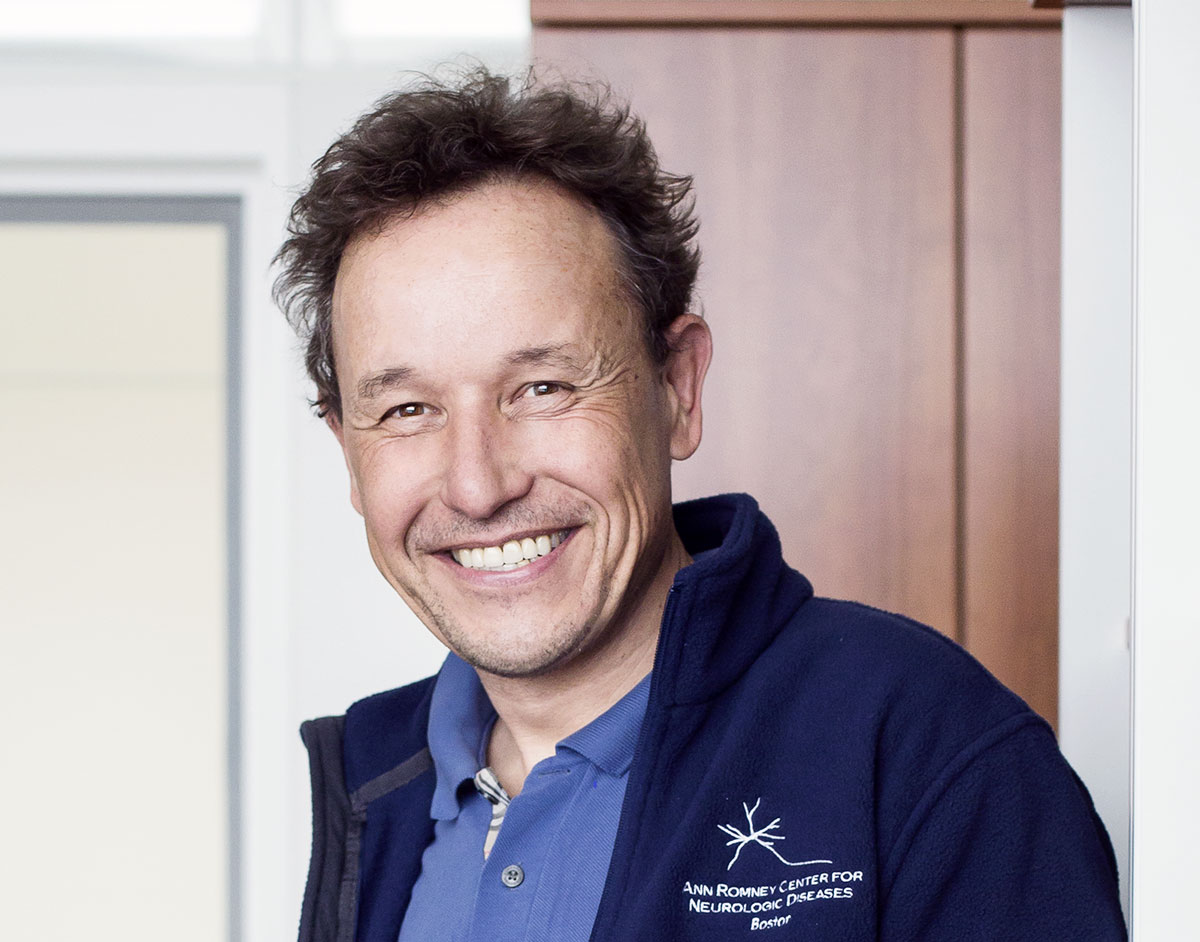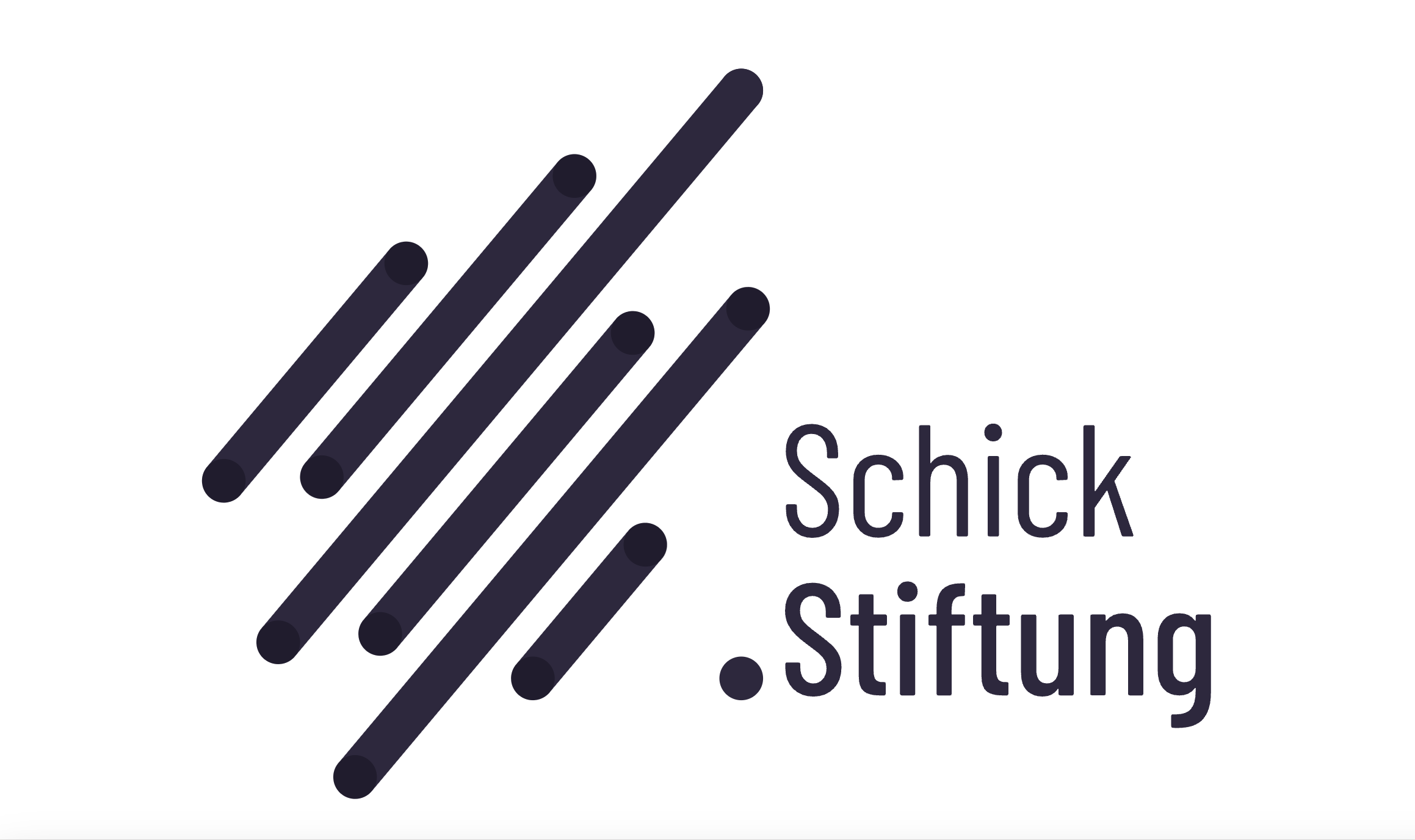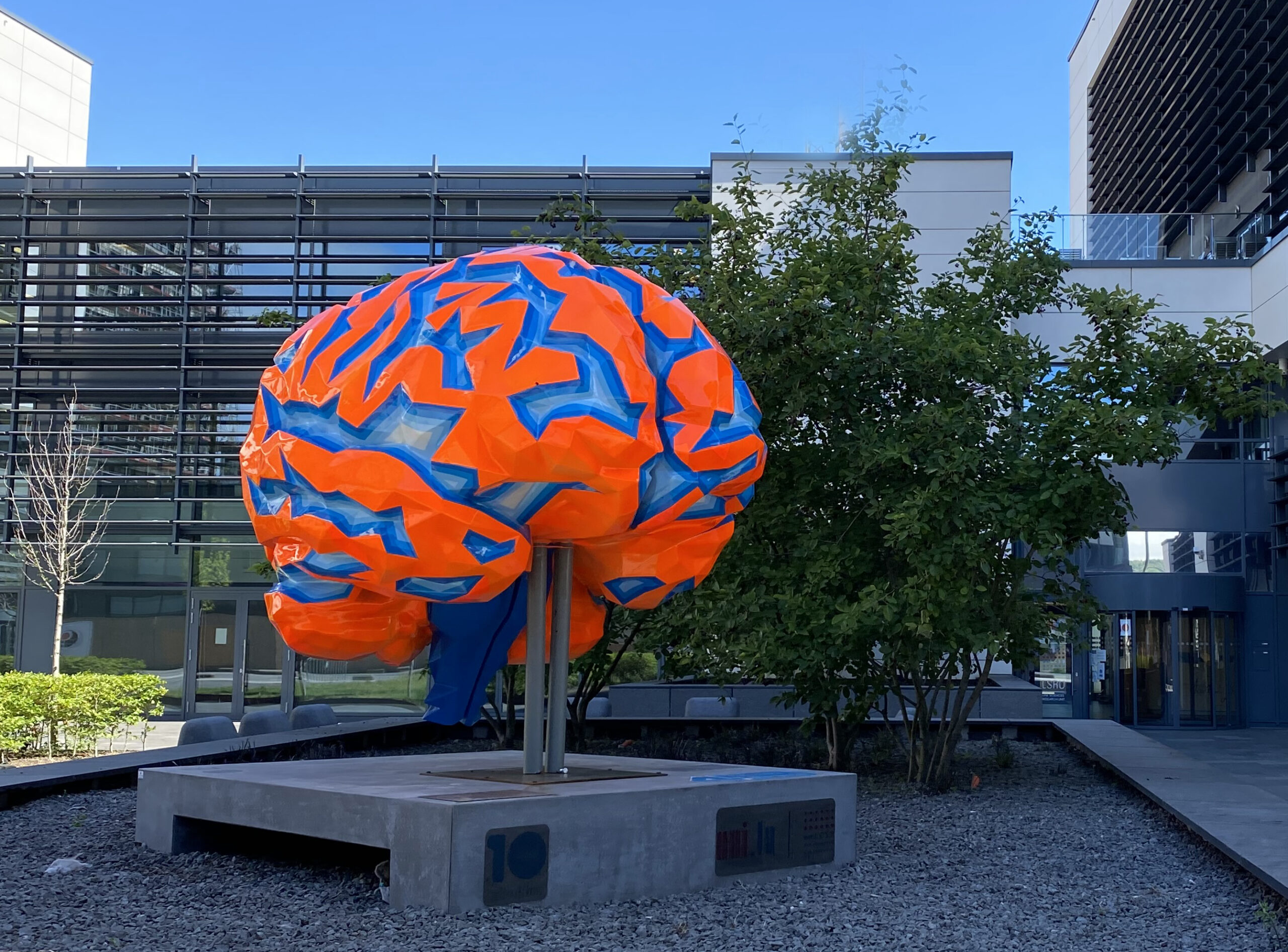About this event
Explore the forefront of neuroscience with the LCSB Neuroscience Lecture Series, featuring scientific presentations from internationally renowned experts in various disciplines of neuroscience.
Meet the speaker! One-on-one meeting opportunities with the speaker can be arranged by emailing Murielle Moes.
Therapeutic modulation of microglial activities
Neurodegenerative disorders including Alzheimer’s disease (AD) are associated with microgliosis. Microglia have long been considered to play detrimental roles in promoting the disease. However, functional analyses of genes encoding risk factors, which are linked to late onset AD and enriched or even exclusively expressed in microglia, revealed unexpected protective functions. One of the major risk genes is TREM2. TREM2 risk variants turned out to be loss-of-function mutations affecting chemotaxis, phagocytosis, lipid and energy metabolism, as well as survival and proliferation. Agonistic anti-TREM2 antibodies have been developed to boost these protective functions in patients with intact TREM2 alleles. Several anti-TREM2 antibodies are in early clinical trials, and current efforts aim to achieve more efficient transport across the blood brain barrier. TSPO-PET and FDG-PET may be used to monitor target engagement. Data from animal models and biomarker studies in patients further support a rationale for boosting TREM2 functions during the pre-symptomatic phase.
About the speaker
Prof. Christian Haass graduated in Molecular Biology at the University of Heidelberg, Germany. He was a postdoc and Assistant professor of Neurology at the Harvard Medical School in the Institute of Dr. Dennis Selkoe. Since 1999 he is the head of the Department of Metabolic Biochemistry at the Ludwig-Maximilians-University of Munich. Haass is also the coordinator of the German Center for Neurodegenerative Disorders (DZNE) in Munich and the speaker of the DFG cluster of excellence “Systems Neurology (SyNergy)”. Haass received many awards, among them the Gottfried-Wilhelm-Leibniz Award, the Brain Prize, the Potamkin Award of the American Academy of Neurology and the MetLife Award. He is a member of the Leopoldina (Germany’s National Academy of Sciences), and the European Molecular Biology Organization.

The Neuroscience Lecture Series is supported by the Schick Foundation.

